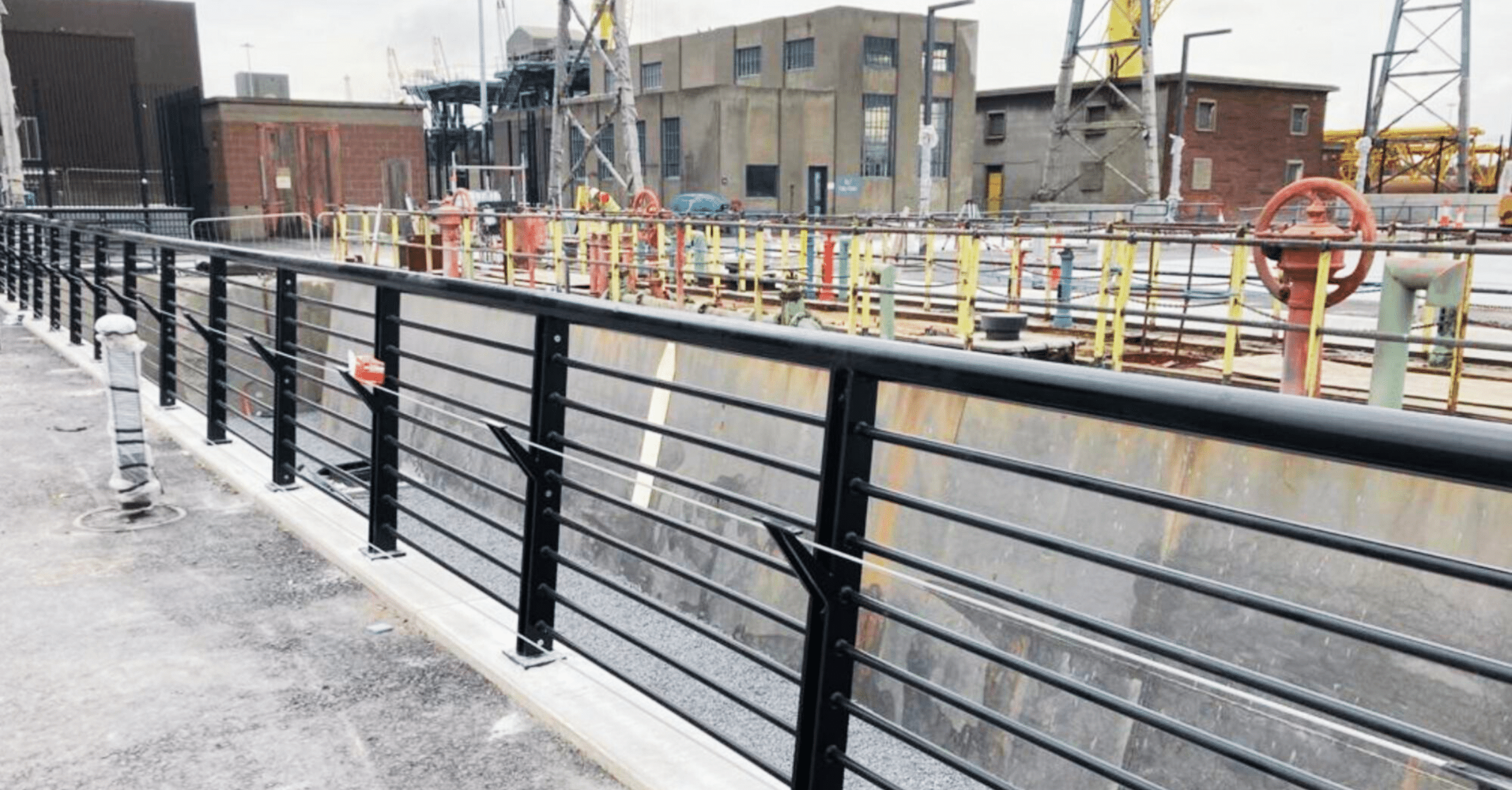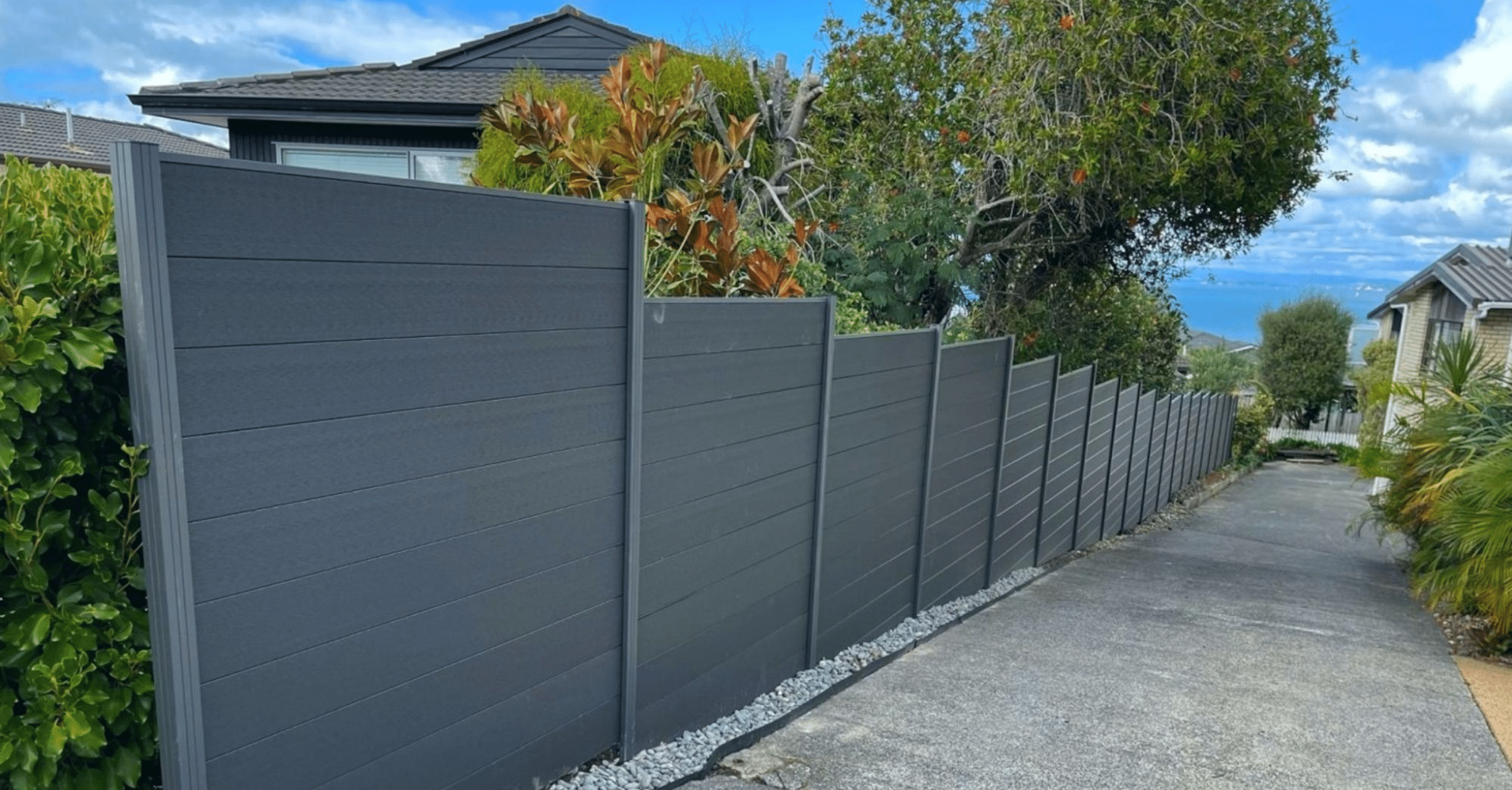In the world of construction and infrastructure development, fencing projects play a crucial role in defining property boundaries, ensuring security, and enhancing aesthetic appeal.
However, like any significant project, they come with their unique set of risks. We understand that proactive risk management is key to the success of any fencing project. In this edition of our newsletter, we delve into the best practices for identifying and mitigating potential issues in fencing projects, ensuring successful outcomes for all stakeholders.
The Importance of Risk Management in Fencing Projects
Risk management in fencing projects involves identifying potential problems that could impact the project timeline, budget, or outcome and developing strategies to mitigate these risks. Effective risk management not only prevents cost overruns and delays but also ensures the safety and longevity of the fencing solution.
Common Risks Associated with Fencing Projects
Site-Specific Challenges:
Each site brings its unique challenges, such as uneven terrain, underground utilities, or sensitive environmental areas. These factors can significantly affect the installation process and the type of materials used. Our extensive range of fencing solutions, including Bespoke Fencing and Security Fencing, are designed to adapt to these specific conditions.
For example, our projects for the Dublin Port Heritage Project showcased how we tailored fencing designs to accommodate uneven terrain while ensuring security and aesthetic appeal.

Regulatory Compliance:
Fencing projects must comply with local and national regulations, including building codes, zoning laws, and environmental protection standards. Non-compliance can lead to legal issues and substantial fines.
Irish Fencing products are rigorously tested to comply with local and EU regulations, such as the Safety, Health and Welfare at Work Act 2005, ISO 9001, and EN 1090. Our Fencing Range has been designed with these regulations in mind, ensuring that all products meet stringent safety standards, thus preventing legal issues and substantial fines.
Material Delays and Supply Chain Issues:
The availability and delivery of materials are crucial to project timelines. Delays in material supply can extend the project duration and increase costs.
By fostering robust supplier relationships and utilising locally sourced materials, Irish Fencing minimises the risk of material delays. For instance, our collaboration with Dublin City Council on various urban projects ensured timely delivery and installation of fencing, maintaining project timelines.

Dodder Greenway Donnybrook Link
Weather Conditions:
Adverse weather can halt installation and damage materials. Planning for weather-related delays is essential, especially in regions prone to extreme conditions. Our products are engineered to withstand adverse weather conditions, ensuring durability and longevity.
The Durable Composite Fencing solution that we provide is an excellent example, as it’s designed to endure harsh environments while retaining the aesthetic value

Composite Fencing Kits
Contractor and Labor Issues:
The reliability and expertise of the workforce are vital. Inexperienced contractors or labour shortages can lead to poor installation quality and extended project timelines. Irish Fencing works only with experienced contractors trained in our specific product installations. Our knowledgeable team ensures that fencing installations are executed efficiently and meet the required quality standards, further mitigating risks related to labour expertise.
Strategies for Mitigating Risks
1. Thorough Site Assessment:
Conducting a detailed site survey before the project begins helps identify physical and environmental obstacles. This assessment should include checking for underground utilities and understanding soil conditions, which are critical for selecting the right materials and installation techniques.
2. Rigorous Compliance Checks:
Stay updated with all local, national, and industry-specific regulations. Engaging with legal experts or compliance officers can ensure that all aspects of the fencing project meet legal standards, preventing costly penalties and project disruptions.
3. Robust Supplier Relationships:
Building strong relationships with suppliers ensures material quality and timely delivery. It’s also beneficial to have a broad range of suppliers to reduce delivery pinch points.
4. Weather Planning:
Incorporate weather-related contingencies into the project timeline. Utilise weather-resistant materials where possible, and plan installations during periods of likely favourable weather.
5. Selecting Qualified Contractors:
Work with reputable and experienced contractors who understand the intricacies of fencing installations. Adequate training and a clear understanding of project requirements are essential for all team members involved.
Conclusion
Risk management is a critical component of any fencing project. By anticipating potential issues and implementing strategic mitigations, it is possible to ensure that fencing installations are completed on time, within budget, and to the highest quality standards. At Irish Fencing, our commitment to excellence involves rigorous risk management processes, ensuring that our clients receive the best possible outcomes.
By choosing Irish Fencing products, investors, consultants, contractors, and real estate managers can effectively mitigate the risks associated with fencing projects.
Let’s continue to elevate industry standards together, ensuring every fencing project is a testament to durability, compliance, and aesthetic integration.
